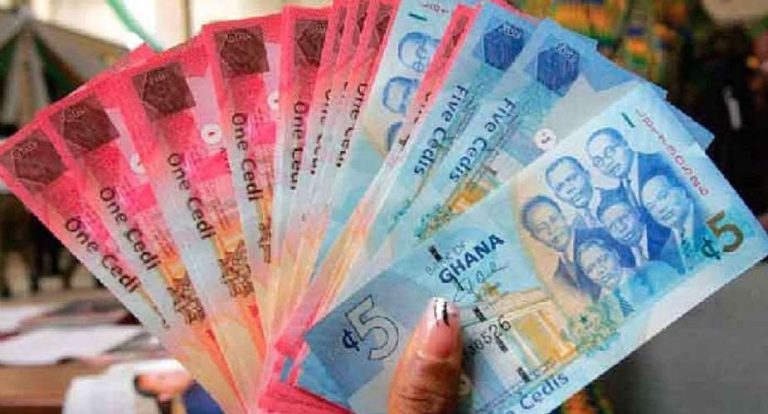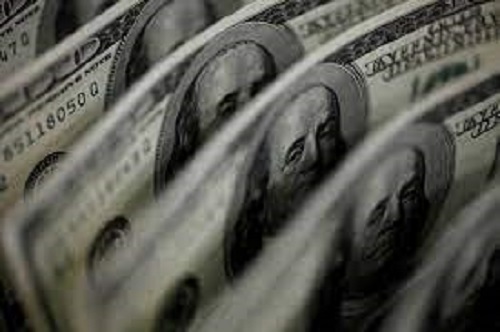
"Nonprime" is a catchy term for the resurgence of high-risk mortgages.
In a similar manner, the market for securitizing subprime loans is expanding and increasing default risk. The credit rating company Fitch anticipates that this year, nonprime mortgage-backed securities (MBS) will be issued for $3 billion, up from $1 billion during the preceding 18 months. (In January of last year, it was forecasting $2 billion.)
In the meantime, a few former characters—some of whom achieved considerable prominence a decade ago—are making a comeback. Former CEO of Fremont, a sizable mortgage company that was blasted by federal regulators for “unsafe” practices in March 2007, Kyle Walker is now operating HomeXpress, a nonprime store in Newport Beach, California.
A former trader at Goldman Sachs who was named over 500 times in a Senate report on the housing crisis, Dan Sparks, is currently purchasing low-grade loans from a Stamford, Connecticut, hedge fund. (Walker declined to comment, and Sparks did not reply to calls for comment.)
Richard Bowen, a former head underwriter at Citigroup, which was named America’s top subprime lender in 2007, claims that all of this is taking place without a thorough reckoning from the previous cycle. Before losing his job as an underwriter, Bowen claims he attempted to alert colleagues about widespread fraud in mortgage applications.
In 2008, he broke away from the organization. He makes a comparison to the US savings and loan crisis of the 1980s, which resulted in the imprisonment of over 800 prominent bankers. The total amount spent since the crisis started in 2007? None. Bowen claims that despite the fact that it was “many, many, many” times worse, “no one has been held accountable.” And I can guarantee you that the lack of evidence is not the reason.
Perl and his white Labrador, Ella, had gone up the hills behind his San Juan Capistrano home on a scorching June morning when I first met them. He’s now bathed and strutting his stuff in his workplace, looking dapper in a checkered shirt, pants, and shoes.
Although his family was traditional and Jewish, he was born in Brooklyn and raised in Santa Monica and Sherman Oaks, two reasonably large Los Angeles suburbs. Following his graduation from UCLA and a position teaching English at Santa Monica High, he co-founded a loan brokerage business in the mid-1970s with his college friend Bill Ashmore. Ashmore currently oversees Impac, another mortgage company located a short distance from Citadel on the San Diego Freeway.
Following the 1987 financial crisis, Perl went into subprime (also known as “Bs and Cs,” or lower-grade loans), while Ashmore went into “Alt-A,” which was a little more sophisticated but still not prime. Perl’s company expanded rapidly in the 1990s, in part because of a loan he created, the NINA, which was intended for those with “no income, no assets.” The Big Kahuna was his nickname.







